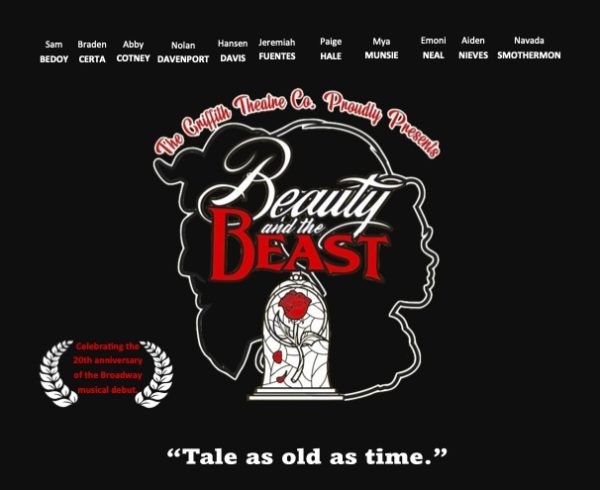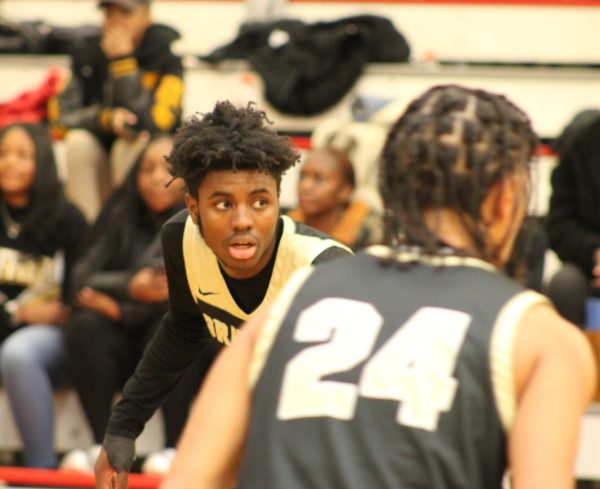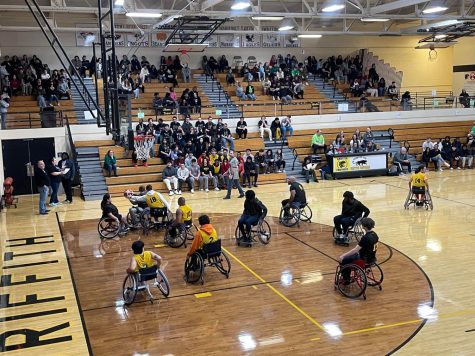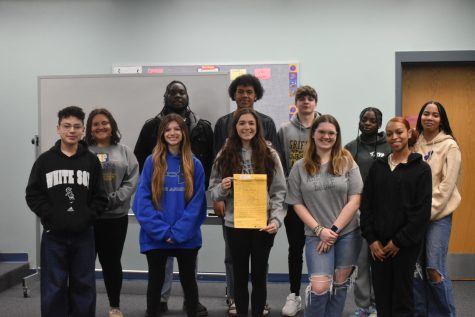Teen Nicotine Abuse Becoming A Normalized Issue
May 2, 2019
Nicotine abuse in teenagers has become a major issue lately, with more and more middle and high school students trying out nicotine products each day. Products such as Juuls, Stigs, and vapes are easy for students to access for a fair amount of money. Smokeless tobacco products include chewing tobacco, electronic cigarettes, and dissolvable products such as lozenges.
Some effects tobacco can have teens are reduced physical fitness. This includes reduced lung function and lung growth, shortness of breath, coughing, and wheezing. Tobacco can also lead to early disease, damaging the heart and blood vessels. A teens oral health
is at risk when they use tobacco. Some of these oral health risks are yellowed teeth and bad breath. Tobacco causes teens to experience skin damage and early wrinkling.
Nicotine produces a neurotransmitter called ‘dopamine’. Dopamine is released naturally when someone experiences something that makes them happy, such as good food, a favorite activity, or spending time with friends and family. When the effect from nicotine wears off, a smoker has the urge to light up again just to get that same feeling. This can lead to addiction.
According to teens.drugabuse.gov, a typical smoker takes ten puffs on a cigarette over a period of about five minutes when the cigarette is lit. A person who smokes one pack (or 25 cigarettes) daily gets 250 “hits” of nicotine each day. Each cigarette contains about 10 milligrams of nicotine. The average smoker gets about 1 to 2 milligrams of the drug in their lungs per cigarette. Each day nearly 3,200 people under the age of 18 smoke their first cigarette. An estimated 2,100 youth and young adults who smoke occasionally become daily smokers.
E-cigarettes are designed to provide nicotine without the other chemicals produced by burning tobacco leaves. How an e-cigarette works is that puffing on the mouthpiece cartridge activates a battery-powered inhalation device (vaporizer). This vaporizer heats the liquid inside the cartridge that contains nicotine, different flavors, and other chemicals. The heated liquid turns into an aerosol (vapor) which the user inhales (also known as “vaping”). According to teens.drugabuse.gov, research suggests that e-cigarettes may be less harmful than cigarettes, when people who smoke switch to e-cigarettes completely and no longer use tobacco cigarettes. Nicotine changes the way synapses (connection between two nerve cells) affect learning capacity.
People who quit using tobacco experience withdrawal symptoms which are uncomfortable and urge the person to get more “hits” just to feel “normal.” Symptoms include irritability, thinking and concentration issues, sleep problems, and increase in appetite. Most of the harm to the body that comes from cigarettes is not from the nicotine, but from the chemicals produced when burning tobacco (lighting the cigarette or other tobacco product). These chemicals include carbon monoxide, tar, and formaldehyde (respiratory irritant that, according to the Agency for Toxic Substances and Disease Registry (ATSDR), causes chest pain, shortness of breath, coughing, and nose and throat irritation). Smokeless and smoke filled tobacco produce effects that are somewhat different, yet both can cause lung cancer.
There are many ways to quit smoking. Quitting cold turkey can be difficult for a lot of people. Some resources for people according to kidshealth.org include substitution (finding something else to munch on/hold, keep them busy), thinking about triggers (things that make them want to smoke), and talking to a therapist or support group if that is available. Some support options are:
-quitSTART app. This is a free smartphone app that helps guide quitting with tips are inspiration.
-CDCTobacco Free. This is a chat forum where teens can share their motivation to quit and they can help others as well.
There are also hotlines to call for extra support such as:
1-800-363-5864
(Newfoundland & Labradors Helpline)
(855)757-1110
(Franciscan Health)
1-877-448-7848
(National Cancer Institute)










